Google sets about busting Google Glass myths
Search giant moves to alleviate privacy and usage concerns around Google Glass.
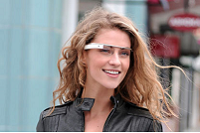
Google has released a list of myth-busting facts about Google Glass, in a bid to dispel some of the most common misconceptions about its flagship wearable tech product.
"In its relatively short existence, Glass has seen some myths develop around it," the post on Google+ states. "While we're flattered by the attention, we thought it might make sense to tackle them all, just to clear the air."
Google paints Glass as a way to engage more with real life, and - unlike a smartphone - allows users to access information quickly without appearing anti-social.
Let's be honest: if someone wants to secretly record you, there are much better cameras out there than the one you wear on your face.
The search giant also wants Glass to be adopted by everyone, not just tech geeks.
"In fact, many Explorers [Google Glass testers] say because of Glass they use technology less, because they're using it much more efficiently," the post reads.
Google also moved to assuage fears of the technology's recording capabilities, saying its surveillance potential is not as bad as people think. It reminds users that Glass is not physically capable of constantly recording, because of battery life limitations.
A Google rep recently told IT Pro that the current crop of headsets heat up during video recording, which would make constant recording very uncomfortable for users.
Get the ITPro daily newsletter
Sign up today and you will receive a free copy of our Future Focus 2025 report - the leading guidance on AI, cybersecurity and other IT challenges as per 700+ senior executives
"Let's be honest: if someone wants to secretly record you, there are much, much better cameras out there than the one you wear conspicuously on your face," the company wrote on their Glass page.
"Today there are more cameras than ever before. In ten years there will be even more cameras, with or without Glass."
Google's response reflects public unease with Glass. The new smart frames face widespread resistance by wary users, according to a recent IT Pro report.
"[The] basic concept of privacy is that you get to decide what you are comfortable with in terms of sharing data," said Nick Pickles, director of privacy watchdog Big Brother Watch.
"I think Glass reverses that. So rather than being in control of what information is disseminated around the web about you, it's the person wearing Google Glass who makes the decision for you."
Lastly, Google took the chance to remind readers that its frames are not ready for mass production yet. Glass is still a beta product that needs more work before it goes on general release.
Google hasn't given any details about release date or pricing of the consumer version of Glass, but rumours suggest it will go on sale sometime later this year.
The myth post follow's Google's advice page of how not to be a "Glasshole." The company is trying to alleviate potential conflicts as Glass enters more spaces, especially now that you can get it with prescription lenses.
-
 Cleo attack victim list grows as Hertz confirms customer data stolen
Cleo attack victim list grows as Hertz confirms customer data stolenNews Hertz has confirmed it suffered a data breach as a result of the Cleo zero-day vulnerability in late 2024, with the car rental giant warning that customer data was stolen.
By Ross Kelly
-
 Lateral moves in tech: Why leaders should support employee mobility
Lateral moves in tech: Why leaders should support employee mobilityIn-depth Encouraging staff to switch roles can have long-term benefits for skills in the tech sector
By Keri Allan
-
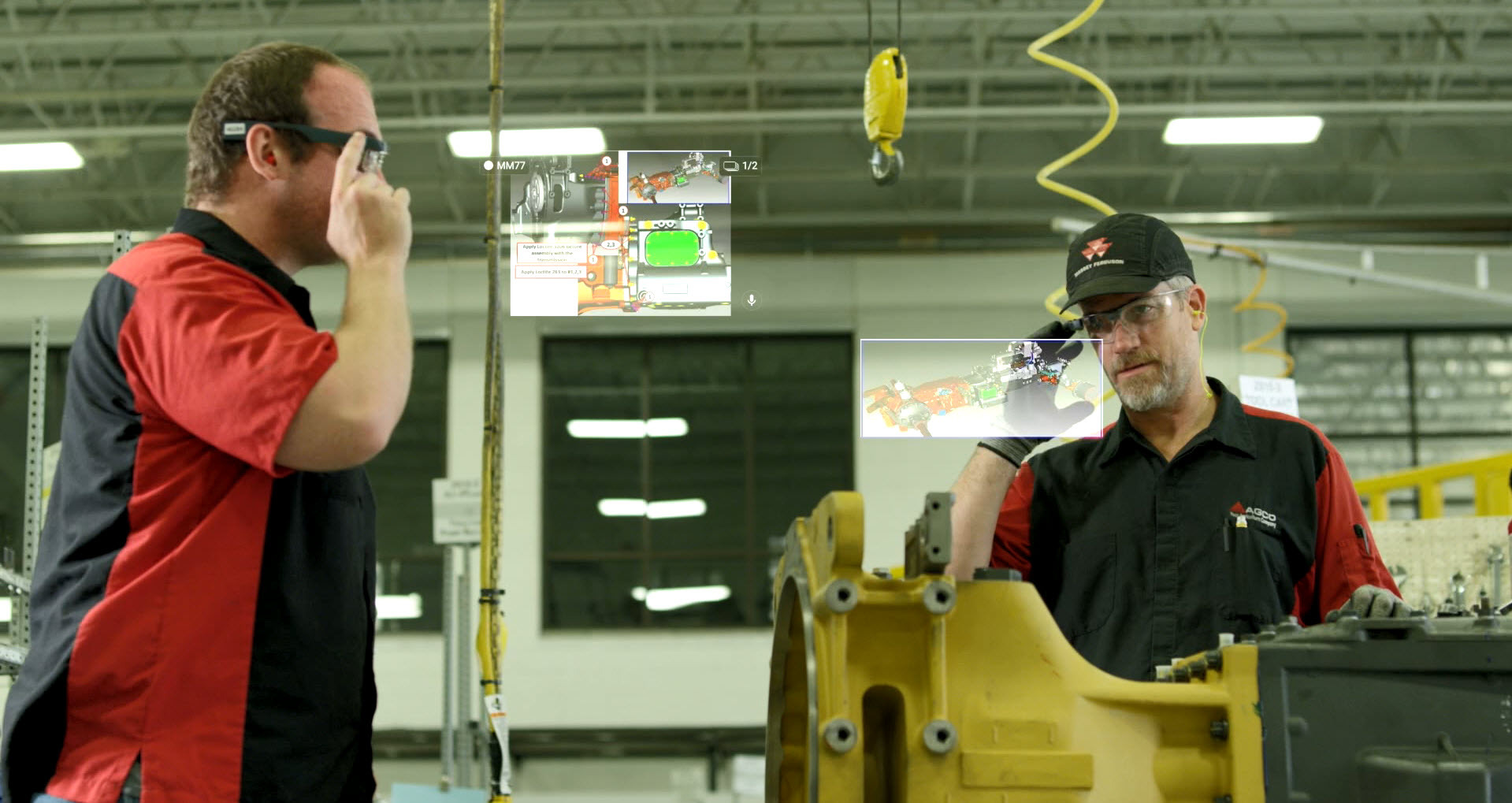 Google Glass Enterprise Edition targets key business verticals
Google Glass Enterprise Edition targets key business verticalsNews Google brings wearable back from the dead with business-focused successor
By Adam Shepherd
-
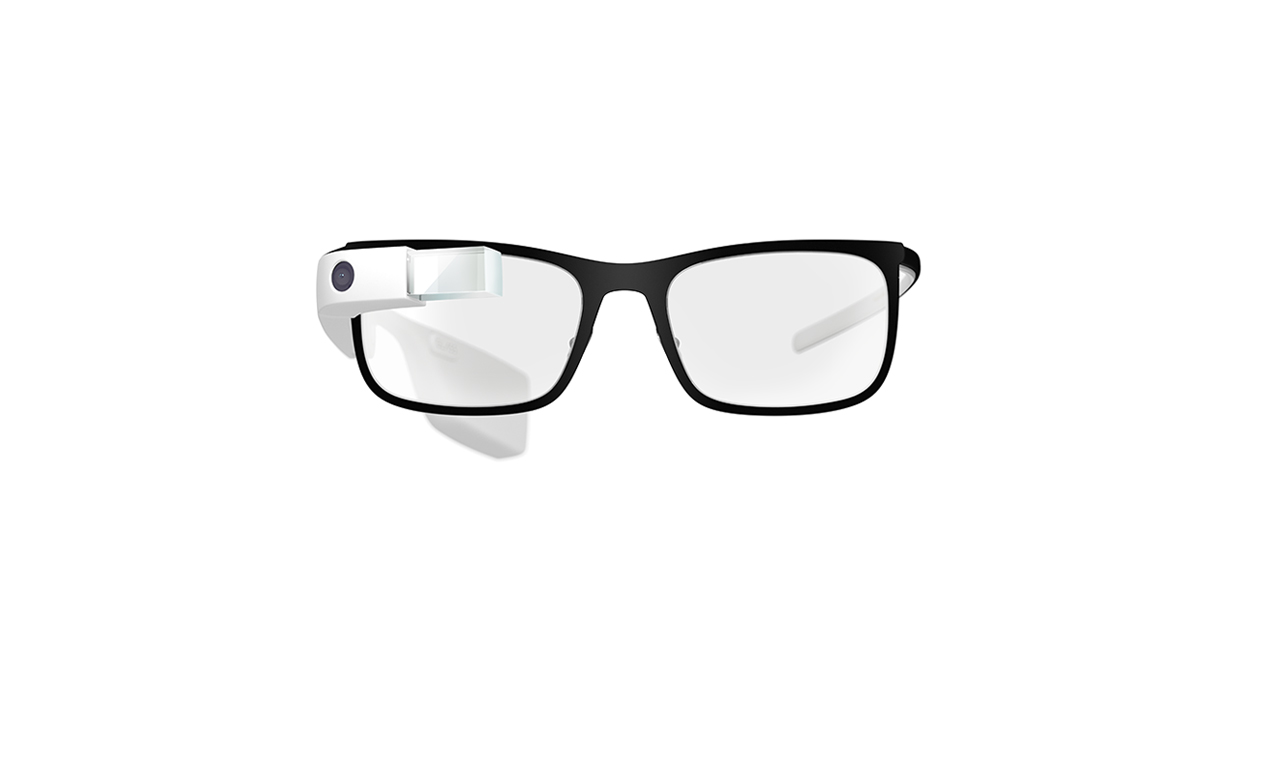 Does a Google Glass firmware update signal a comeback?
Does a Google Glass firmware update signal a comeback?News Google's ill-fated wearable could be set to return
By Adam Shepherd
-
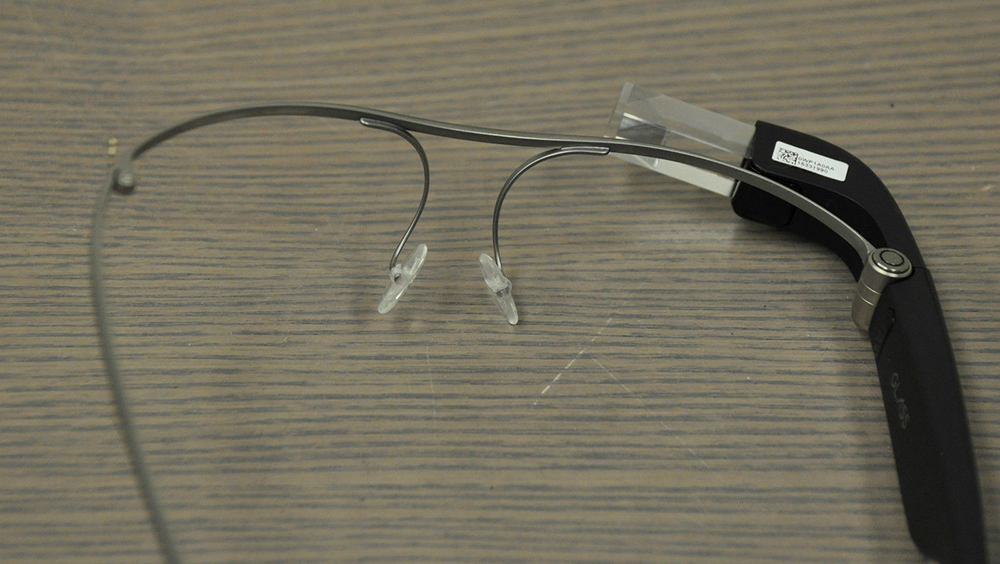 Google Glass enterprise edition goes up for sale on eBay
Google Glass enterprise edition goes up for sale on eBayNews Unreleased headset selling for over $7,000
By Adam Shepherd
-
 Is Google Glass set to make a workplace comeback?
Is Google Glass set to make a workplace comeback?News A new business version of the smart specs will be released in 2016, it is claimed
By Caroline Preece
-
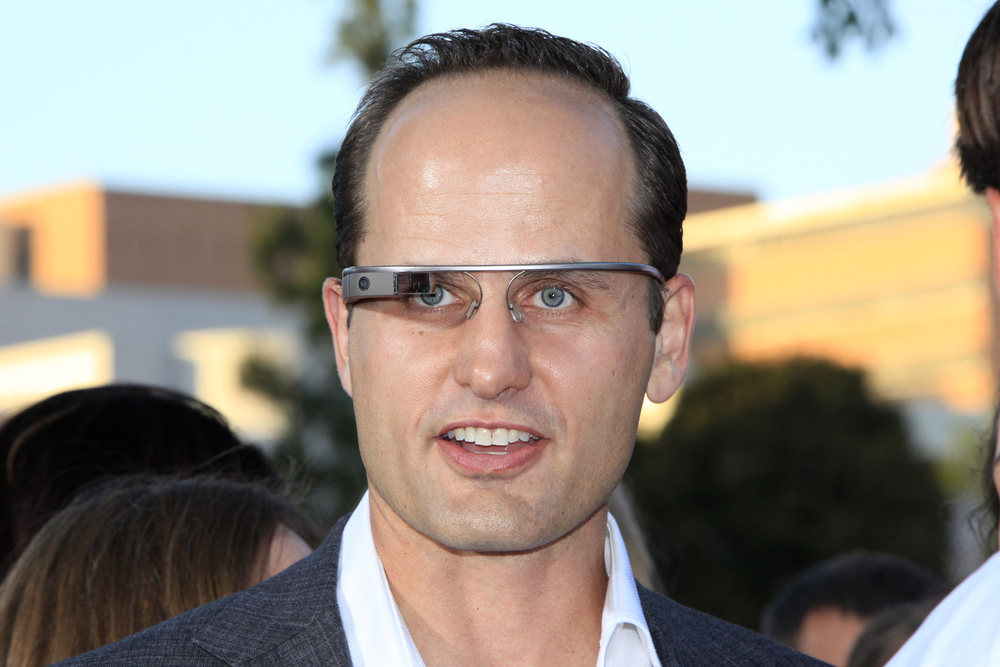 Google could be planning to expand Google Glass family
Google could be planning to expand Google Glass familyRumours One Google Glass wasn’t enough, with the company reportedly planning to develop an entire product range
By Caroline Preece
-
 Is Google Glass dead?
Is Google Glass dead?News Despite Google ending its Explorer programme, the smart glasses are still in development
By Clare Hopping
-
 Virgin Atlantic trials Sony SmartWear to boost communication
Virgin Atlantic trials Sony SmartWear to boost communicationNews Heathrow-based engineers will get updates on the SmartWatch and take pictures with the SmartEyeglass
By Clare Hopping
-
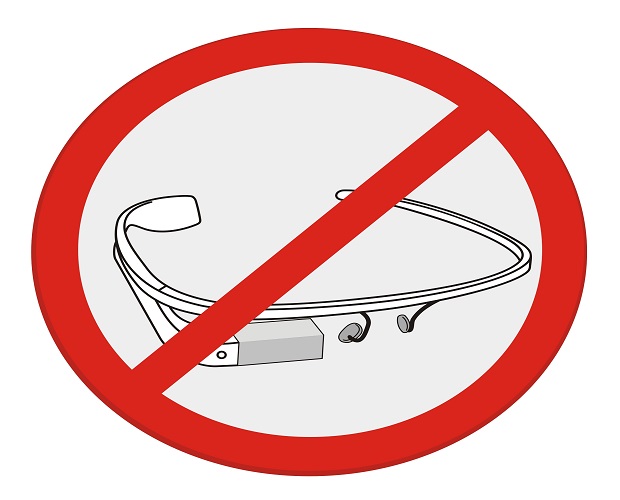 Google Glass sales to stop, with device set for design overhaul
Google Glass sales to stop, with device set for design overhaulNews Google Glass is being withdrawn from sale, as reports of redesign “from scratch” surface
By Caroline Donnelly